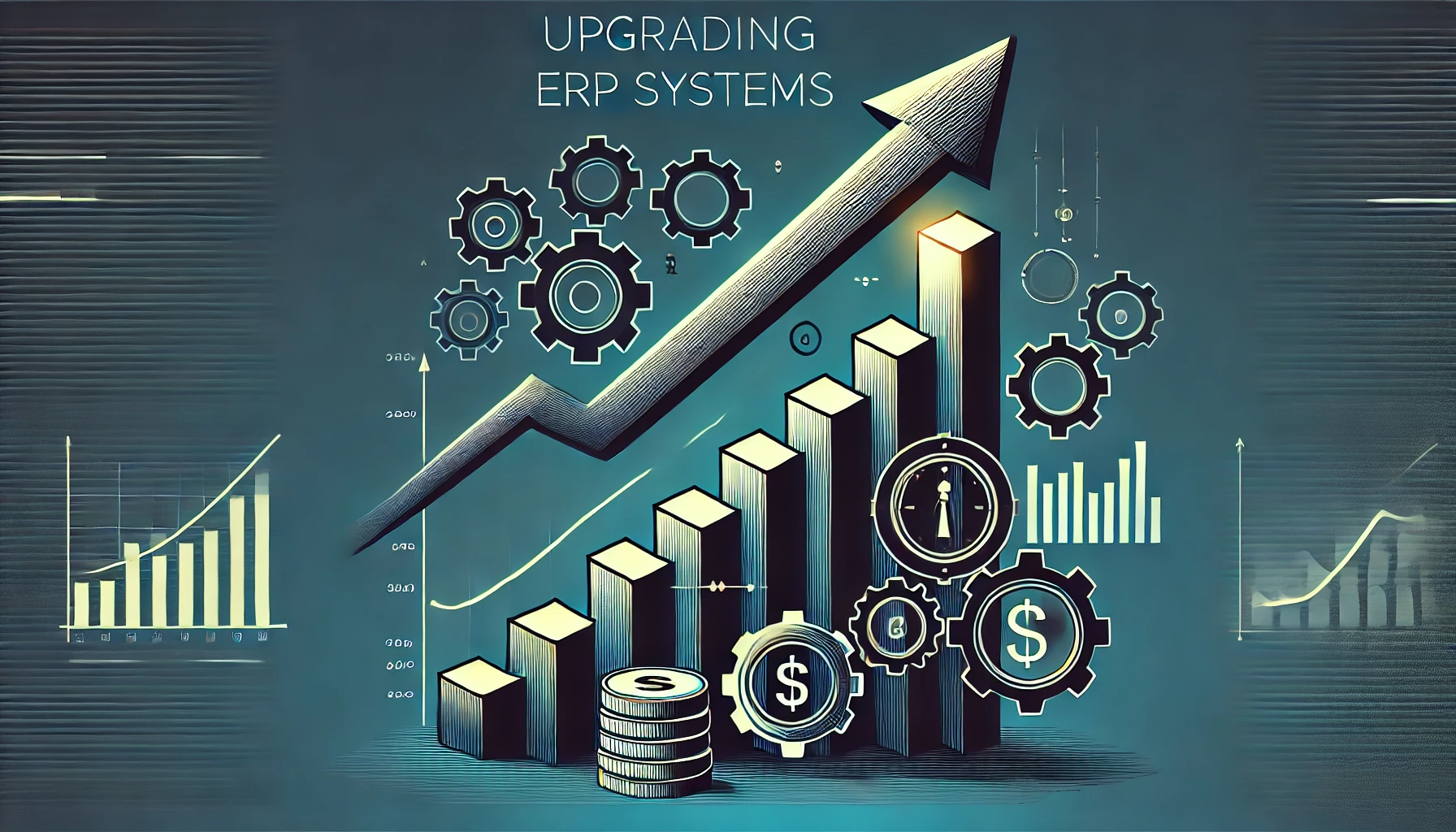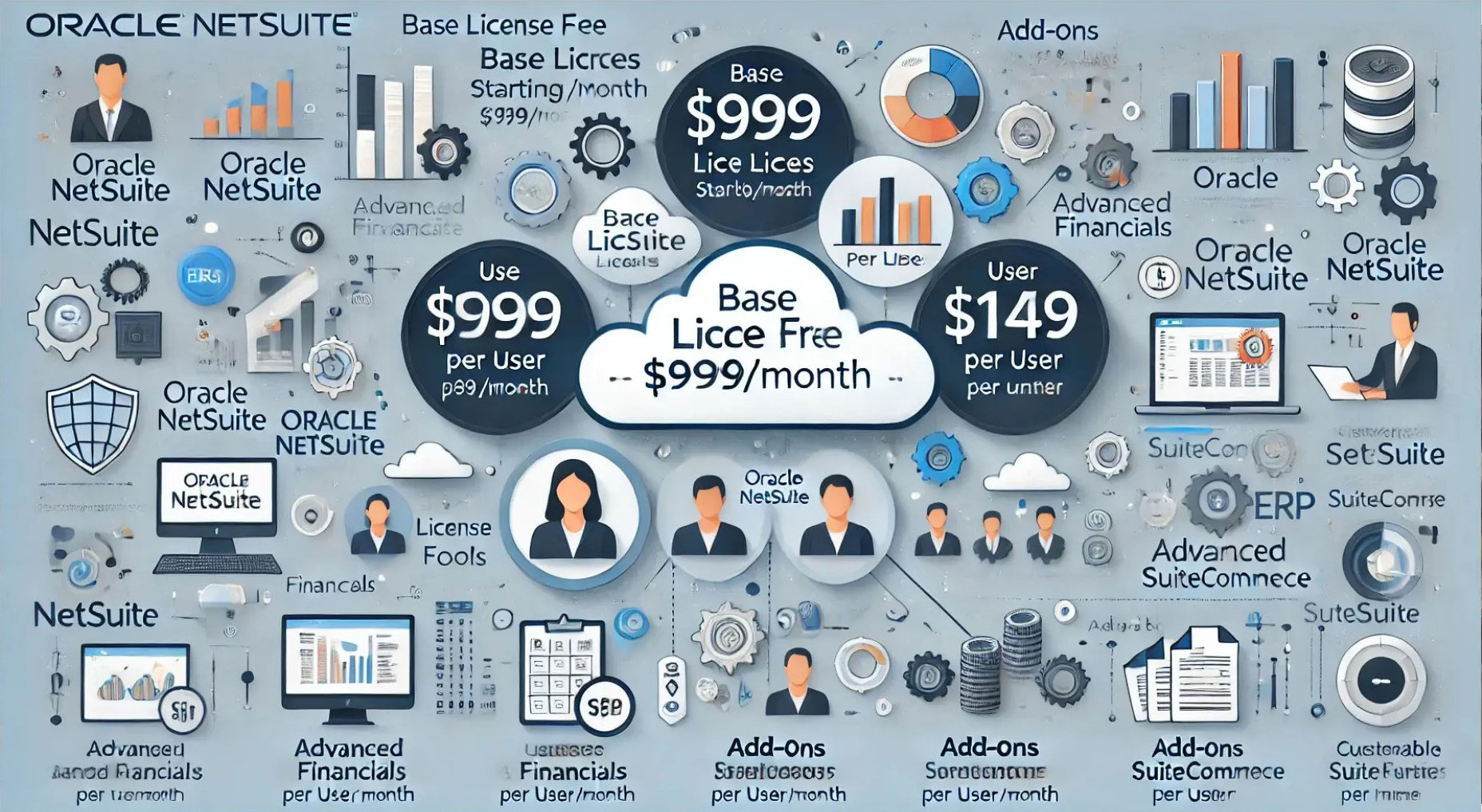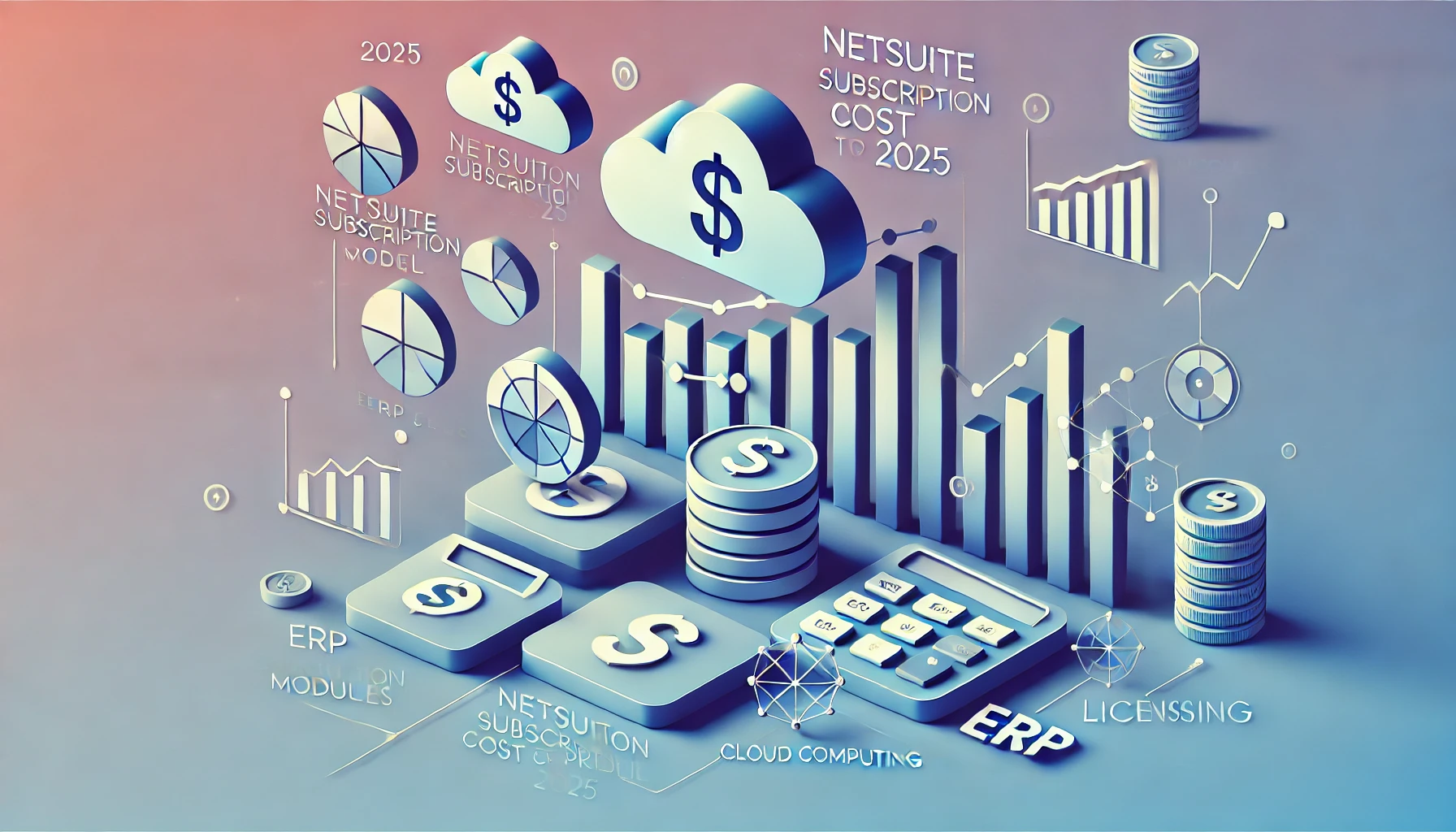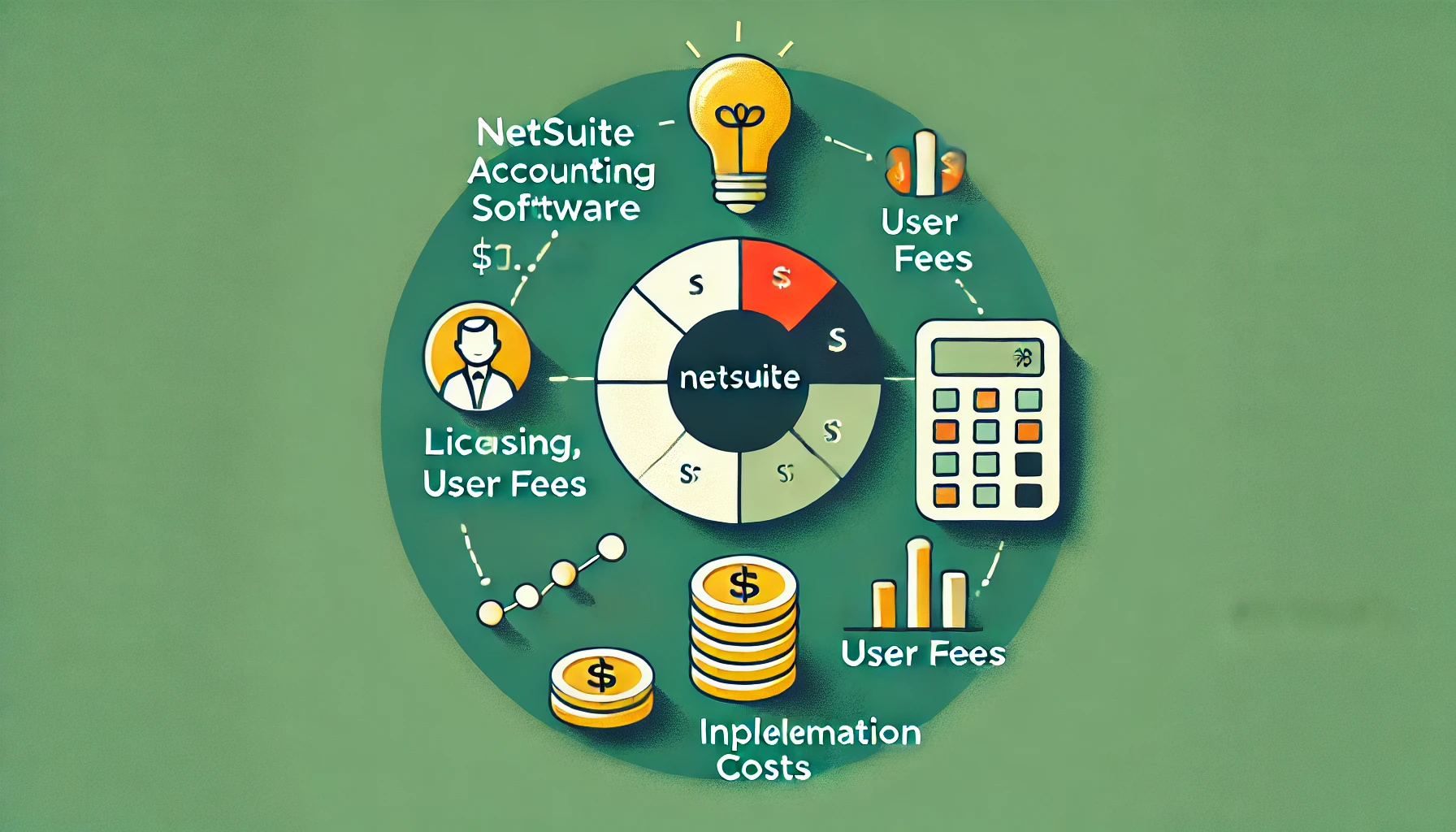Knowing when to upgrade is critical, and Custom ERP Solutions for Your Business can help tailor a system that meets your unique needs. Let’s explore the signs it’s time to upgrade, the benefits of a modern ERP, and the steps you should take to transition smoothly.
Your enterprise resource planning (ERP) system is the backbone of your operations, helping manage everything from inventory to finances. However, as your business grows and evolves, your ERP must keep pace. Sticking with an outdated system can stifle productivity, lead to inefficiencies, and cost you valuable time and money.
Table of Contents
ToggleSigns You Need an ERP Upgrade
If you’re unsure whether it’s time to upgrade your ERP, watch out for these telltale signs:
- Inadequate Scalability: As your business grows, your ERP system should grow with it. If your current solution struggles to handle increased data, users, or transactions, it’s time to consider scalable Custom ERP Solutions for Your Business.
- Outdated Technology: Older ERP systems may lack modern features like cloud integration, real-time analytics, or mobile accessibility. Staying competitive in today’s fast-paced market requires an ERP that leverages cutting-edge technology.
- Inefficiencies and Manual Workarounds: Are your employees relying on spreadsheets or external tools to supplement your ERP? This indicates that your current system no longer meets your operational needs.
- Compliance Challenges: Keeping up with regulatory requirements is essential. An outdated ERP may not provide the necessary tools to stay compliant with local and international laws.
- High Maintenance Costs: If maintaining your current ERP system is becoming too expensive or time-consuming, upgrading to a modern, low-maintenance solution can save resources in the long run.

The Benefits of Upgrading Your ERP System
Investing in a new ERP system can significantly impact your business, enhancing efficiency and preparing you for future growth.
- Enhanced Productivity: A modern ERP automates routine tasks, reduces manual errors, and streamlines workflows, allowing your team to focus on strategic initiatives.
- Improved Decision-Making: With real-time data and advanced analytics, upgraded ERP systems provide actionable insights, enabling smarter, faster decisions.
- Greater Scalability: Custom ERP Solutions for Your Business are designed to adapt to your evolving needs, ensuring your system can handle growth without disruptions.
- Cloud Integration: Modern ERP systems often include cloud-based capabilities, allowing secure access to data anytime, anywhere. This is especially useful for businesses with remote or distributed teams.
- Enhanced Customer Experiences: Upgraded ERPs support better customer service through improved order tracking, faster response times, and personalized interactions.
Choosing the Right ERP System
When upgrading your ERP, it’s essential to select a solution tailored to your business’s specific needs.
- Assess Your Needs: Identify the pain points in your current system. What features do you need in an upgraded ERP to address these challenges?
- Research ERP Options: Explore the latest ERP trends and evaluate popular options like SAP, Oracle, or NetSuite. Each has strengths, but Custom ERP Solutions for Your Business offer unparalleled flexibility.
- Consider Cloud-Based Systems: Cloud-based ERP systems provide scalability, cost-effectiveness, and easy integration with existing tools.
- Choose a Reliable Partner: Work with an experienced vendor to ensure seamless implementation and ongoing support.
Steps to a Smooth ERP Transition
Switching to a new ERP system can be challenging, but careful planning can make the process seamless.
- Set Clear Goals: Define what you want to achieve with the new system, such as increased efficiency or better data management.
- Develop a Transition Plan: Create a step-by-step plan that outlines the timeline, budget, and responsibilities involved in the upgrade.
- Train Your Team: Ensure your employees are well-versed in the new ERP system to maximize its benefits. Regular training sessions and ongoing support are crucial.
- Test the System: Before going live, conduct thorough testing to identify and address any issues.
- Monitor Post-Implementation: After implementation, continuously monitor the system’s performance and gather feedback to make necessary adjustments.
Why Choose Custom ERP Solutions for Your Business?
Off-the-shelf ERP systems often fall short when it comes to meeting the unique needs of growing enterprises. Custom ERP Solutions for Your Business provide:
- Tailored Features: Adapt the ERP to fit your industry-specific requirements.
- Better Integration: Seamlessly integrate with your existing tools and workflows.
- Future-Proofing: Ensure scalability and flexibility to accommodate growth and evolving business needs.

Conclusion
Upgrading your ERP system is not just a technological shift; it’s a strategic move that can transform your business operations. By recognizing the signs of an outdated system and embracing Custom ERP Solutions for Your Business, you position your company for long-term success.
Whether you need enhanced scalability, modern features, or cost efficiency, the right ERP solution can help you stay competitive in an ever-evolving marketplace. Start planning your ERP upgrade today to unlock your business’s full potential.




